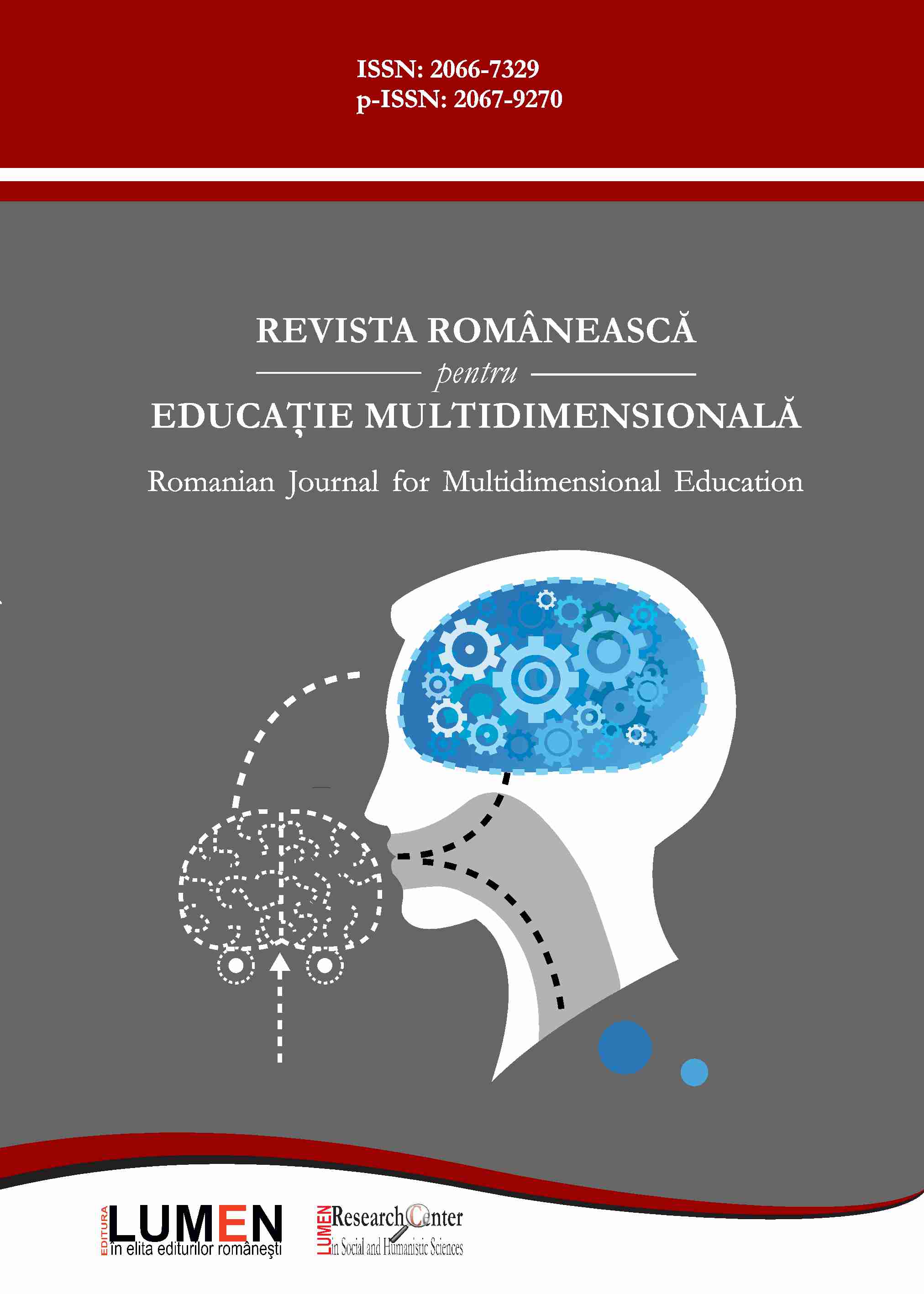Influence of Physical Fitness of Students on the Quality of Leisure Organization in a Sports and Health Tourism
Influence of Physical Fitness of Students on the Quality of Leisure Organization in a Sports and Health Tourism
Author(s): Olexandr Mozolev, Inna Shorobura, Larysa Zdanevych, Liudmyla Hutsal, Mariana Marusynets, Liudmyla KravchukSubject(s): Social psychology and group interaction, Sports Studies
Published by: Editura Lumen, Asociatia Lumen
Keywords: physical fitness; sport and recreation tourism; students; hiking; leisure organization;
Summary/Abstract: The relevance of the study is to set priorities in preparing students for walking sports and recreation trip. The article deals with the problem of the influence of students’ physical fitness on the quality of a tourist trip organization, namely, on reasonable time to complete the route, to bivouac, to cook, to organize leisure and recreation activities. The authors have analyzed the content of sports and recreation tourism, revealed its features and advantages, and defined its positive impact on the human well-being and renewal of their functional capabilities. 67 students aged 17-19 of Khmelnytskyi Humanitarian-Pedagogical Academy (Ukraine) have participated in the research, who were the part of the experimental group (EG) – (n=33) and the control group (CG) – (n=34). Students of experimental group were trained according to the program of “comprehensive physical training of tourist”, students from control group were trained according the traditional system of training. Assessment of the results was carried out by expert-teachers of the department of the theory and methodology of physical culture and valeology of Khmelnytskyi Humanitarian-Pedagogical Academy. According to experts, this training allowed students of the experimental group to reduce the time to pass the route by 11.7 %, to overcome natural obstacles by 40.3 %, to cook by 18.5 %, to bivouack by 20.6 %, which, respectively, allowed by 78 % increase the time spent on leisure organization (games, entertainment, local lore activity) and 2.2 times increase the time for recreation activities (bathing, walking, active recreation).
Journal: Revista Românească pentru Educaţie Multidimensională
- Issue Year: XII/2020
- Issue No: 2
- Page Range: 117-131
- Page Count: 14
- Language: English

